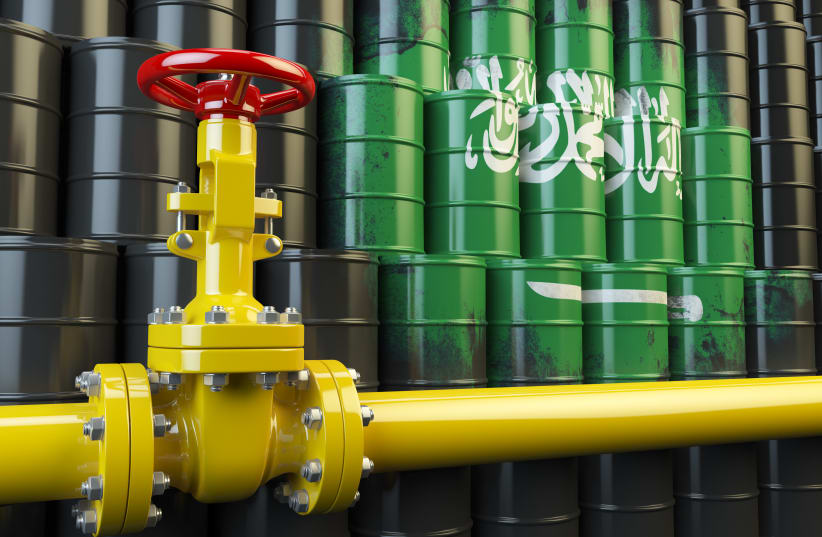Iran and Saudi Arabia have repeatedly clashed at OPEC meetings over output policies, and tensions between the two countries intensified as Saudi Arabia blamed Iran for an attack on Saudi oil facilities on Sept. 14., a charge Tehran denies.
The attack on Saudi Arabia's oil facilities remains in the spotlight as it sent OPEC's oil output to an eight-year low in September, deepening the impact of a supply pact and U.S. sanctions on Iran and Venezuela.
Iran's Oil Minister Bijan Zanganeh, during his visit to Moscow, said Tehran was not taking any steps to increase tensions in the Gulf Region.
Speaking at an energy conference in Moscow, Zanganeh called Prince Abdulaziz, a senior member of Saudi royal family who became minister of energy for Saudi Arabia last month, a friend.
"Prince Abdulaziz bin Salman has been a friend for over 22 years," Zanganeh said.
Commenting on the attack on the Saudi oil facilities, which sent oil prices soaring and flared tensions in the region, Zanganeh said the issue should not be addressed by lifting political pressure on Tehran.
"We believe unilateralism doesn't work and the increase of pressure on Iran is not the solution for the stable situation and the peaceful environment in the region and for the world and for the security of supply of oil and gas."
Speaking to reporters earlier on Wednesday, Zanganeh said that Iran always tries "to keep the security of the Persian Gulf and stability and peace in the region."Zanganeh said the global oil market was in a normal condition following an attack on Saudi oil infrastructure earlier this month.
